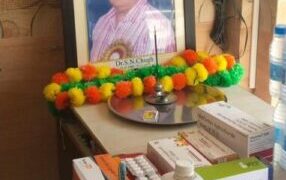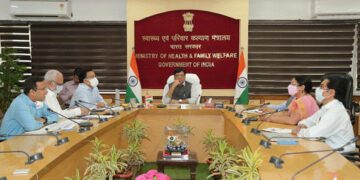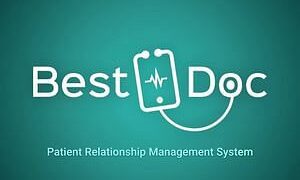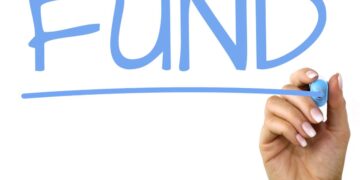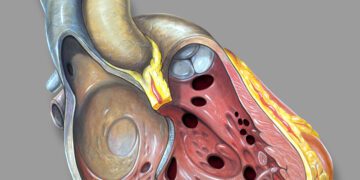By Health In Five Writer
A 48-yr old gentleman was successfully treated with speech therapy for COVID-19 associated stroke at Wockhardt Hospital, South Bombay. With appropriate rehabilitation therapy and a positive attitude, patients with residual neuro-deficits can also show remarkable improvement.
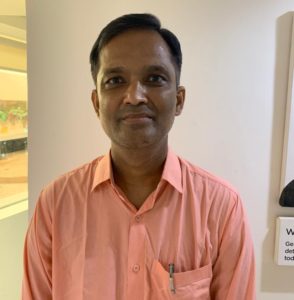
Tirupati Swami, an avid singer, a resident of Ulhasnagar who works in Indian Oil Corporation developed fever, cough and generalized weakness and was diagnosed as COVID 19 positive in August. He was admitted to a nearby COVID center and remained stable till the mid of the month when he developed a sudden inability to speak along with mild weakness of his right hand. His initial symptoms went unrecognized and as his condition worsened, he was shifted to Wockhardt Hospital, Mumbai Central few days later. His clinical evaluation revealed he was having language and speech dysfunction (aphasia) and the clinical suspicion was confirmed on MRI (brain) which showed a stroke involving the left half of the brain. After his initial stabilization, he was started on speech therapy.
Dr Prashant Makhija, Consultant Neurologist, Wockhardt Hospital South Bombay said, “As he primarily had expressive aphasia with effortful and non-fluent speech, he was started on Melodic intonation therapy (MIT). MIT is an evidence-based therapy which utilizes elements of melody and rhythm to improve expressive language. As most of us are right-handed, our language function is controlled by the left hemisphere of the brain and patients with stroke involving the left hemisphere often present with language dysfunction (aphasia). Research has shown that musical skills are predominantly represented in the right hemisphere of the brain. MIT by utilizing elements of music with left-hand tapping attempts to engage the undamaged right hemisphere and entrains aphasic patients to speak in a new way.”
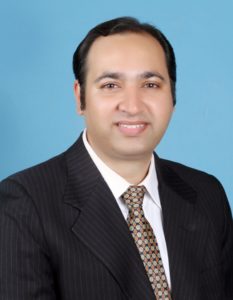
“It has been more than six months since WHO declared the novel Coronavirus as a pandemic. With time our understanding of the disease has increased; what initially appeared to be an illness primarily restricted to lungs is now well known to be associated with neurological involvement, Stroke being one such dreaded complication. Time plays a crucial role in the management of Stroke patients but often an inability to recognize the stroke symptoms early or inability to reach a stroke-ready hospital results in inordinate delay and patients are left with neuro-deficits in the form of limb weakness or speech difficulties.” adds Dr. Makhija.
Nutan Korganokar, Speech Therapist, Wockhardt Hospital, South Bombay said, “Although Swami suffered from significant Stroke related language dysfunction, his positive attitude and appropriate rehabilitation in the form of speech therapy helped him overcome this deficit. His love for music and singing probably contributed to his recovery and he is now on his path to normalcy.”
Swami said “It was stressful for me and my family when I suffered from a stroke and was unable to speak. We are thankful to the team of doctors who guided us during this difficult period. We appreciate the utmost care taken by the Doctors and staff at the Hospital.”




